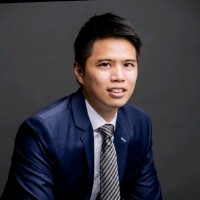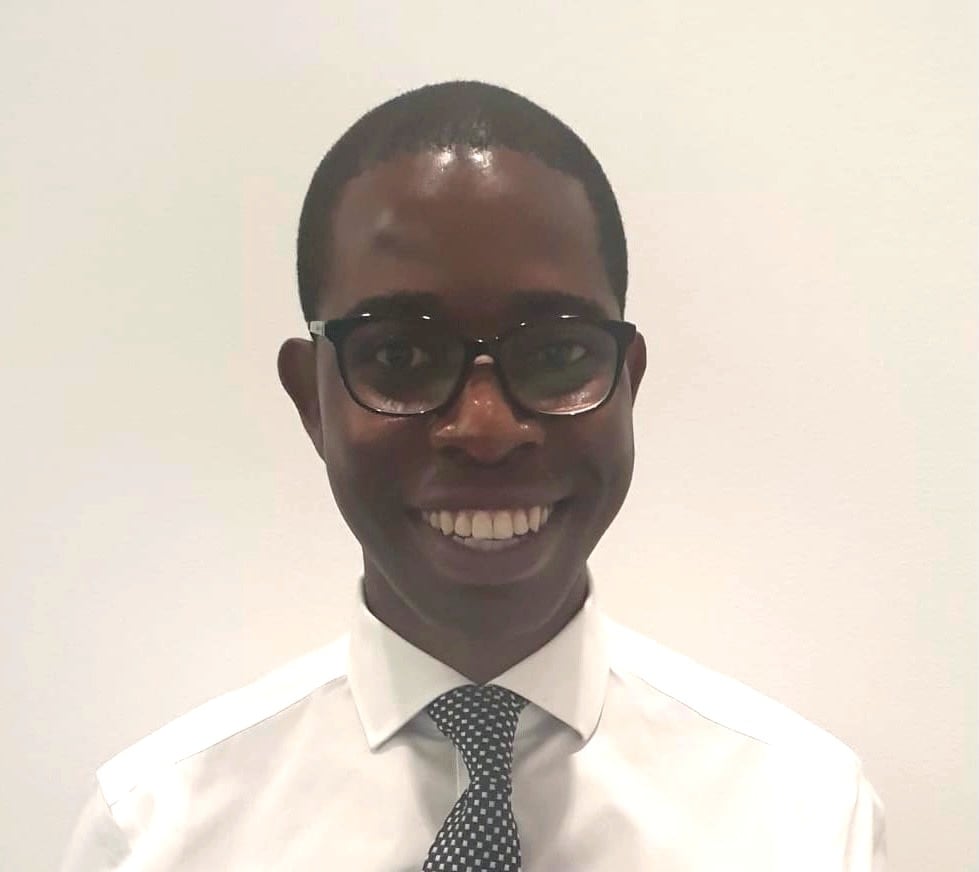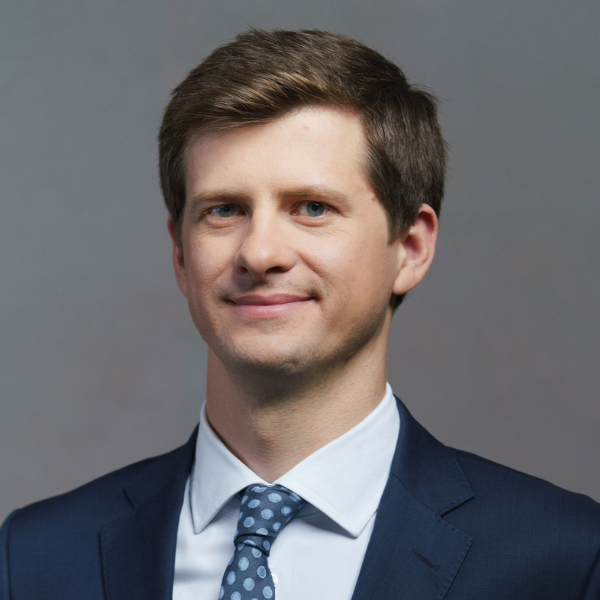Part of the reason why we embark on such a programme is to network with people outside of our existing social circle, to exchange ideas and to learn more about the broader finance field.
Mark Chng

Please tell us a bit about your personal and professional background.
I am based in Singapore and currently working at Societe Generale where I do fixed income and FX sales, mainly to financial institutions. I've been with the company for about eight years now, within the broader global markets for about 12 years. A fun fact about myself is that so far I have already read 16 books this year. I didn’t use to read that much at all for many years, but lately I’ve become a real bookworm.
Why did you choose INSEAD’s EMFin, amongst other programmes out there?
For me, working at a French bank for so many years, joining INSEAD was a no-brainer. I also really liked the part-time structure of the programme which feels very well planned and thought out to cater to working professionals. Taking two weeks off from work every quarter felt just about manageable with my current job, so getting the buy-in internally was easier as well. I also took advantage of the MAS scholarship available to Singaporeans.
What made you decide to embark on a Master programme with the pandemic situation going on?
Actually, I think the pandemic kind of helped me to make it possible to study a Master’s at this point, because previously I used to travel quite a lot to meet clients. Currently, all of that has stopped so not only do I have more time to study, but internally it is also more feasible to cover for my time away from work as my colleagues are not traveling as much either. This has certainly helped to convince my managers. I also considered that down the road, maybe I'd have more responsibility on the job, so it would be even harder to go back to school.
In some ways, I really think although the present situation is challenging, there also lies great opportunity. For example, we have a classmate who was 36 weeks pregnant at the start of the programme. If not for the opportunity to study virtually, she may not have had the chance to start a Master’s programme at all this year.
You have joined the programme with a strong track record in the industry. What motivated you to embark on an EMFin and what do you hope to get out of it?
I've been working in global markets for about 12 years now and have been very narrowly focused on this niche of fixed income and FX. I know that there's a lot more out there in the finance world, for example audit, tax, or private equity, to name just a few.
I think the beauty about an Executive Master in Finance is that you get to interact and network with people from very different backgrounds. I’m not the typical ‘networking’ type of person and usually only talk to a narrow group of people within my financial circle. So being able to meet a broader range of people helps me to develop myself more holistically.
Just the other day I was talking to one of my classmates about a potential new opportunity in the FinTech space, and INSEAD really encourages this also. There are various platforms available to enable you to try out new things, talk to people and get different perspectives.
Any advice to people out there who are interested in joining the EMFin?
The structure of the programme is such that the learning is compressed into a very tight two-weeks schedule with exams at the end of each module. As such, you will really need to be able to take time off from work to fully focus on the lessons. If you are a local Singaporean, you should also try to apply for the Financial Scholarship Programme.




